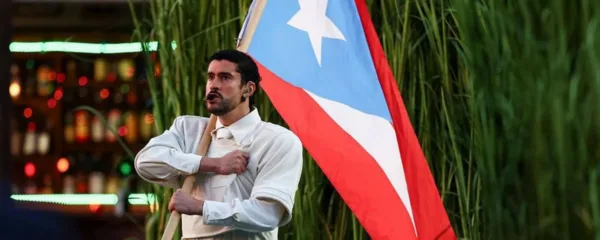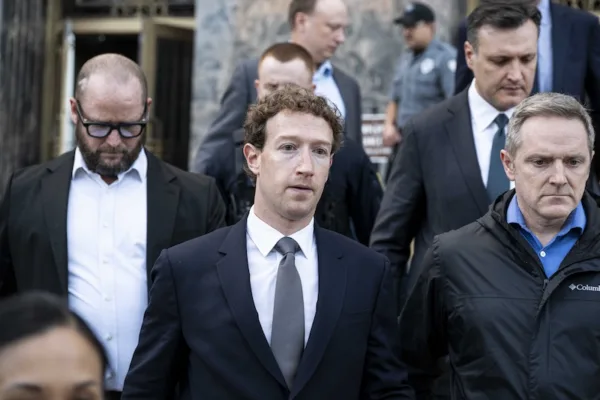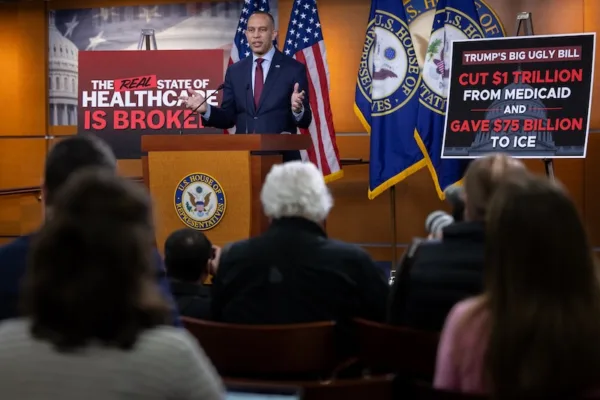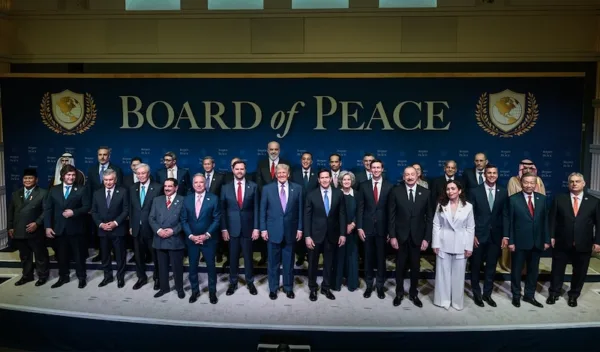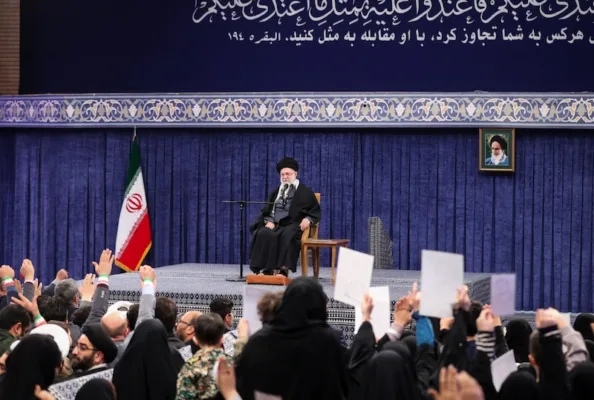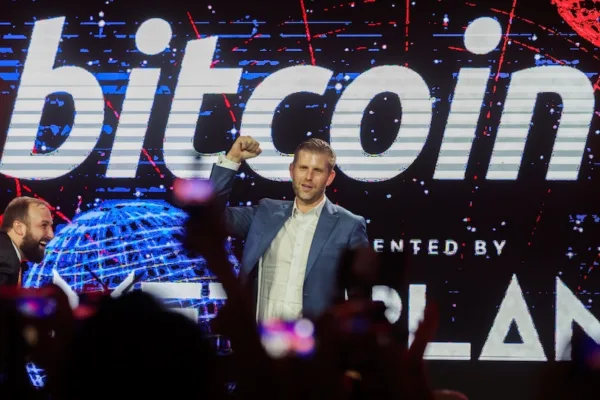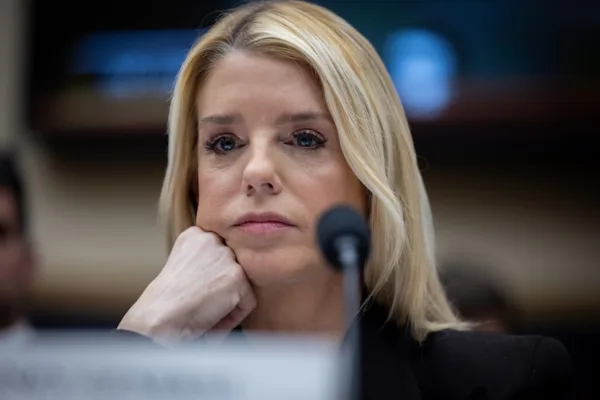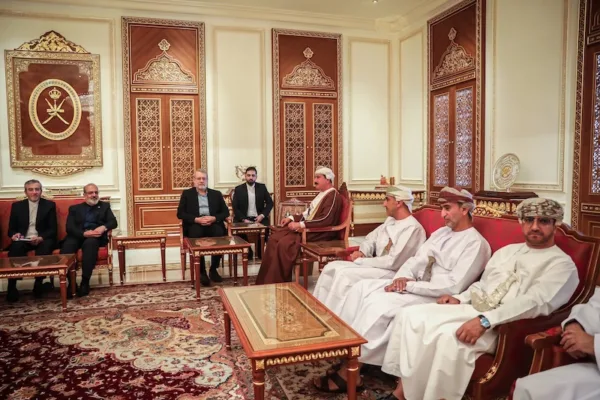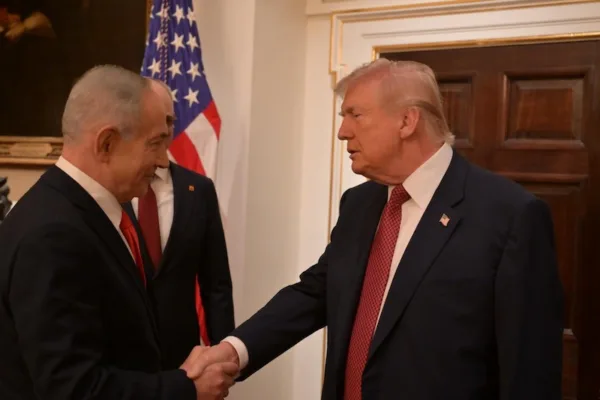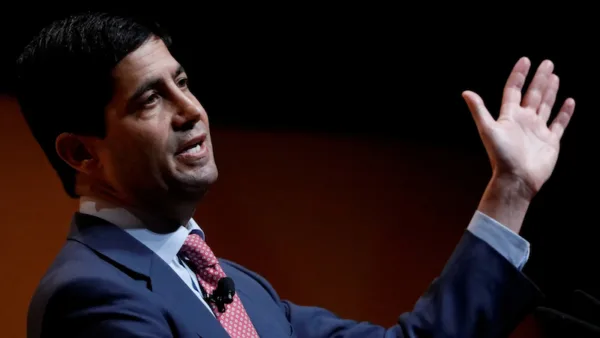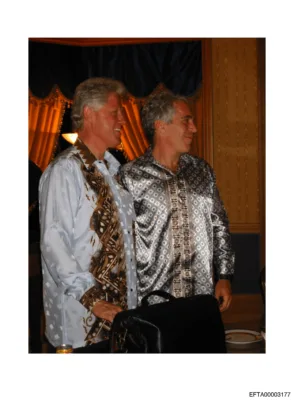The Syrian Conflict: A Regional Dilemma
The Syrian conflict continues to pose one of the most formidable challenges to the United States, Turkey, regional powers and the broader international community. With its staggering death toll, worsening humanitarian crisis, sectarian violence, and spillover effects, the prospect for a united Syria that can avoid internal divisions or disintegration remains uncertain.
As the conflict drags on with no end in sight, the international community is engaged in an effort to destroy Syria’s chemical weapons and a bid to revive stalled talks between the regime and opposition factions in Geneva. So far, the renewed push for a “Geneva 2” conference has yielded no significant results. In the absence of a viable political road map, the Middle East is likely to remain unstable as the Syrian “quagmire” drags on.
Panelists
Ambassador Frederic C. Hof, Senior Fellow, Rafik Hariri Center for the Middle East, Atlantic Council
Aram Nerguizian, Senior Fellow, Burke Chair in Strategy, CSIS
Erol Cebeci, Executive Director, SETA DC
Moderator
Kadir Ustun, Research Director, SETA DC
Event Summary
by Sabeen Ahmed
Erol Cebeci, Ambassador Frederic C. Hof, and Aram Nerguizian discussed the challenges plaguing neighboring states and growing regional instability as a result of the two and a half year conflict in Syria. Mr. Cebeci examined the Turkish perspective, highlighting the worries of worsening sectarian strife, the utility of the chemical weapons agreement, and the growing strength and influence of al-Qaeda-affiliated groups in the region. Ambassador Hof analyzed the policy of the U.S. administration and the great difficulties of establishing a transitional government against the conflict’s steady tilt in favor of the Assad regime. Mr. Nerguizian examined the general regional challenges faced by Lebanon, Jordan, Iraq, and Turkey, emphasizing the worsening humanitarian crisis and necessity for a decisive, pragmatic, and agreeable solution. Bringing forward the broadening nature of the Syrian conflict, the panelists concluded that the delayed international assistance, fragmentation within opposition forces, growth of extremist strength, and opaque foreign policy have ensured that the region will face profound hurdles and instability for years to come.


